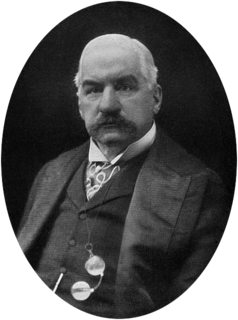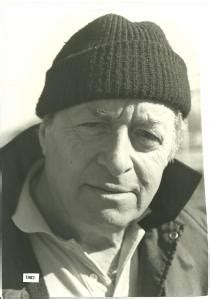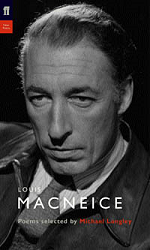A Quote by Andre Gide
An artist cannot get along without a public; and when the public is absent, what does he do? He invents it, and turning his back on his age, he looks toward the future for what the present denies.
Related Quotes
There should be a law that no ordinary newspaper should be allowed to write about art. The harm they do by their foolish and random writing it would be impossible to overestimate--not to the artist but to the public.... Without them we would judge a man simply by his work; but at present the newspapers are trying hard to induce the public to judge a sculptor, for instance, never by his statues but by the way he treats his wife; a painter by the amount of his income and a poet by the colour of his necktie.
Public opinion contains all kinds of falsity and truth, but it takes a great man to find the truth in it. The great man of the age is the one who can put into words the will of his age, tell his age what its will is, and accomplish it. What he does is the heart and the essence of his age, he actualizes his age. The man who lacks sense enough to despise public opinion expressed in gossip will never do anything great.
If an American, because his skin is dark, cannot eat lunch in a restaurant open to the public, if he cannot send his children to the best public school available, if he cannot vote for the public officials who represent him, if, in short, he cannot enjoy the full and free life which all of us want, then who among us would be content to have the color of his skin changed and stand in his place? Who among us would then be content with the counsels of patience and delay?
He was a foe without hate; a friend without treachery; a soldier without cruelty; a victor without oppression, and a victim without murmuring. He was a public officer without vices; a private citizen without wrong; a neighbor without reproach; a Christian without hypocrisy, and a man without guile. He was a Caesar, without his ambition; Frederick, without his tyranny; Napoleon, without his selfishness, and Washington, without his reward.
The trouble is that privacy is at once essential to, and in tension with, both freedom and security. A cabinet minister who keeps his mistress in satin sheets at the French taxpayer's expense cannot justly object when the press exposes his misuse of public funds. Our freedom to scrutinise the conduct of public figures trumps that minister's claim to privacy. The question is: where and how do we draw the line between a genuine public interest and that which is merely what interests the public?
Don't talk to me about appealing to the public. I am done with the public, for the present anyway. The public reads the headlines and that is all. The story itself is fair and shows the facts. That would be all right if the public read the facts. But it does not. It reads the headlines and listens to the demagogues and that's the stuff public opinion is made of.
All human life is sunk deep in untruth; the individual cannot pull it out of this well without growing profoundly annoyed with his entire past, without finding his present motives (like honor) senseless, and without opposing scorn and disdain to the passions that urge one on to the future and to the happiness in it.
When I was a child, for a public/civil servant to be caught in corrupt practices, that individual will be a pariah. He will be a complete reject of the society; he/she could not raise his or her voice to speak in the public. So what happened between that time and now? That time when a public officer, prison or customs officer caught in corruption hides his face in shame amongst his peers, he just couldn't come out publicly. Today, when they come back, they get chieftaincy titles, they are received in grand style, cows are killed, they ride on white horses.
It is not necessary for the politician to be the slave of the public's group prejudices, if he can learn how to mold the mind of the voters in conformity with his own ideas of public welfare and public service. The important thing for the statesman of our age is not so much to know how to please the public, but to know how to sway the public. Those who manipulate this unseen mechanism of society constitute an invisible government which is the true ruling power of our country.
St. Augustine and St. Thomas define mortal sin to be a turning away from God: that is, the turning of one's back upon God, leaving the Creator for the sake of the creature. What punishment would that subject deserve who, while his king was giving him a command, contemptuously turned his back upon him to go and transgress his orders? This is what the sinner does; and this is punished in hell with the pain of loss, that is, the loss of God, a punishment richly deserved by him who in this life turns his back upon his sovereign good.
Unless a writer lives with a periodic delusion of his greatness, he will not continue writing. He must believe, against all reason and evidence, that the public will experience a catastrophic loss if he does not complete his novel. The public is just clamoring to give him his fame. From the book Dare to be a Great Writer: 329 Keys to Powerful Fiction by






































